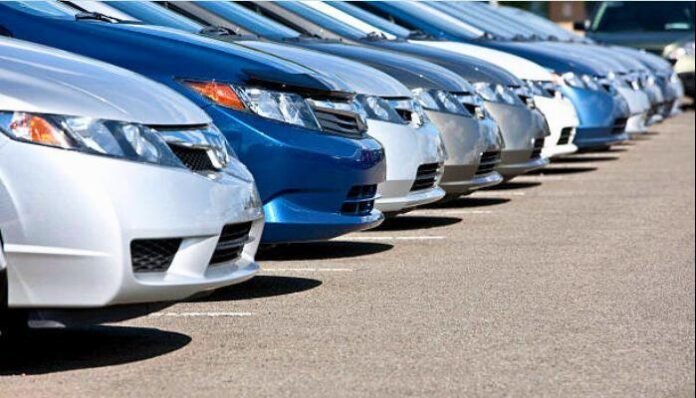ISLAMABAD – The government has announced a 40% tariff on commercial imports of used cars starting next month, while also banning the entry of accidental or low-quality vehicles into Pakistan. Officials say the move is designed to shield the local auto industry as the country gradually opens its market under the IMF bailout programme.
The announcement came during a joint session of the Senate Standing Committees on Finance and Industry, where Joint Secretary for Trade Policy Mohammad Ashfaq said that the tariff protection would match 40% of the price of new cars.
Currently, commercial imports are banned, and about one-fourth of demand is met through vehicles imported under special schemes, such as transfer of residence, baggage, and gift. Many of these vehicles are slightly accidental but remain popular with consumers compared to locally assembled cars.
As part of the $7 billion IMF deal, Pakistan is obligated to gradually open the auto sector. From September 2025, commercial imports of used vehicles up to five years old will be allowed, with all quality and age restrictions set to end by July 2026. Over the next four years, the additional 40% tariff will be phased out entirely, clearing the way for imports of cars up to eight years old.
Despite the opening, consumers are unlikely to benefit immediately. Local assemblers argue that government taxes—ranging from 30% to 61% of retail prices—already keep cars unaffordable.
Pakistan has also committed to slashing its average tariff regime from 20.2% to 9.7% in five years, cutting customs duty, regulatory duty, and additional customs duty to just four slabs with a maximum 15% rate.
The local auto lobby, led by the Pakistan Automotive Manufacturers Association (PAMA) and Pakistan Association of Automotive Parts and Accessories Manufacturers (PAAPAM), is pushing back strongly. Both groups have warned lawmakers that liberalization could damage domestic production and jobs.
Analysts say Islamabad is walking a fine line between meeting IMF conditionalities and protecting its auto sector. For now, however, car buyers remain stuck: with the ban on accidental imports and a fresh 40% tariff, vehicle prices are unlikely to drop anytime soon.




